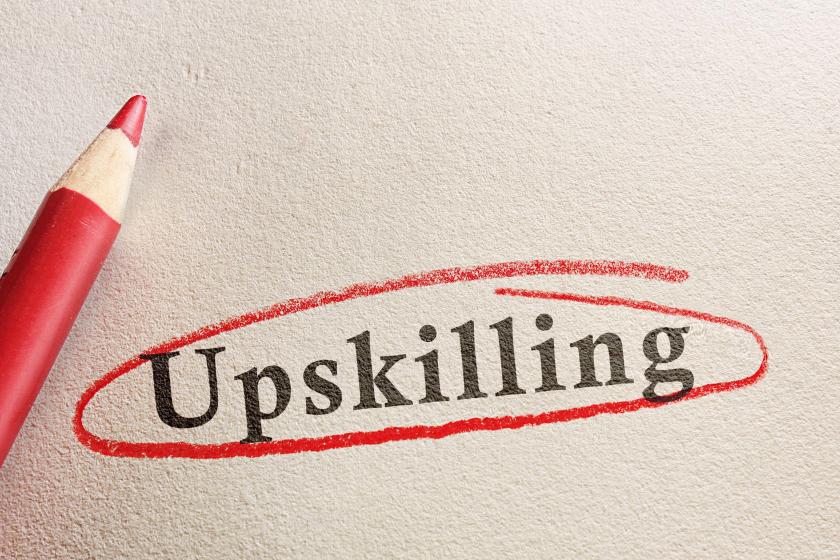Cisco-led Big Tech Consortium Addresses the AI Skills Gap
By combining resources and expertise, the AI-Enabled ICT Workforce Consortium will offer a blueprint for how industries can adapt to an AI-dominated future.

AI promises to change almost every aspect of our lives. From how we work to how we learn and entertain ourselves. However, as with all things in life, there is a Yang for every Yin, and the negative for AI is job loss. AI brings several new capabilities to companies and will erode many jobs. However, it will also create new jobs.
The impact of AI on jobs has been a hot topic at the World Economic Forum (WEF). The organization predicts innovative technology, including AI, will eliminate 85 million jobs but create 97 million new ones, for a net increase of 12 million. In the early days of the Internet, people had the same fears as consumers, who could now shop at home, pay bills online, and book airplane tickets on a website instead of with the airline. The Internet also created the most significant economic expansion in history, and AI will do the same. The challenge is ensuring people have the skills to succeed in AI.
Cisco and a group of its peers are making a strategic move to address the challenges and opportunities presented by AI. The networking giant partnered with other leading tech companies to launch the AI-Enabled Information and Communication Technology (ICT) Workforce Consortium, an initiative aimed at upskilling and reskilling roles most likely to be impacted by AI.
The consortium was inspired by discussions within the U.S.-EU Trade and Technology Council’s (TTC) Talent for Growth Task Force, which promotes competitiveness on both sides of the Atlantic. TTC identifies and implements strategies to cultivate talent and enhance workforce skills in response to the evolving demands of the global economy, particularly in areas impacted by technological advancements.
This collaborative effort brings together a broad spectrum of companies and advisory bodies, including labor organizations and educational entities. The strategy is to identify jobs within the ICT sector likely affected by AI and provide access to relevant training programs, thus bridging the gap between current workforce skills and future needs. The consortium will also connect businesses with those prepared to work in AI-integrated environments.
First up: Assess how AI will impact ICT jobs?
The initial phase will focus on assessing the impact of AI on 56 ICT roles, offering insights and training recommendations to help professionals transition to AI-specific jobs. According to Cisco, the assessment covers job titles that makeup 80 percent of the most sought-after ICT positions in the U.S. and five European countries: France, Germany, Italy, Spain, and the Netherlands. Together, these nations represent a substantial portion of the ICT sector.
The consortium's members, which include Accenture, Eightfold, Google, IBM, Indeed, Intel, Microsoft, and SAP, have unanimously agreed that action is urgent due to the rapid integration of AI across various business sectors. The companies plan to develop skills and provide training programs that will benefit over 95 million people globally over the next decade.
Each company has set specific targets to meet that goal. Cisco, for example, will train 25 million people in cybersecurity and digital skills by 2032, while IBM will equip 30 million individuals with digital and AI skills by 2030. Intel made a similar pledge, underlining a collective commitment to fostering a skilled, inclusive, and adaptable workforce.
By 2025, Microsoft has promised to train and certify 10 million people from underserved communities in digital skills. At the same time, SAP is looking to upskill two million people globally. Meanwhile, Google has pledged 25 million EUR to support AI training and skill development for people across Europe.
By combining resources and expertise, the AI-Enabled ICT Workforce Consortium is expected to impact the tech sector, offering a blueprint for how industries can adapt to and thrive in an AI-dominated future.
The unknown can certainly be scary, particularly for those individuals who have not been able to modernize their skills. It’s good that Cisco and the consortium members step up and put some of their massive resources into ensuring that AI provides a brighter future for all.
Zeus Kerravala is the founder and principal analyst with ZK Research.
Read his other Network Computing articles here.
Related articles:


